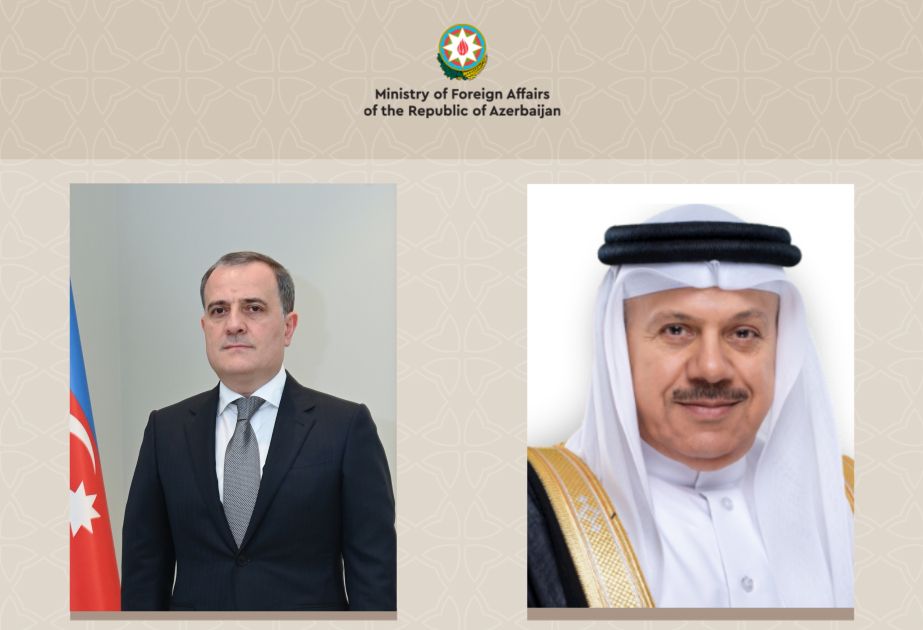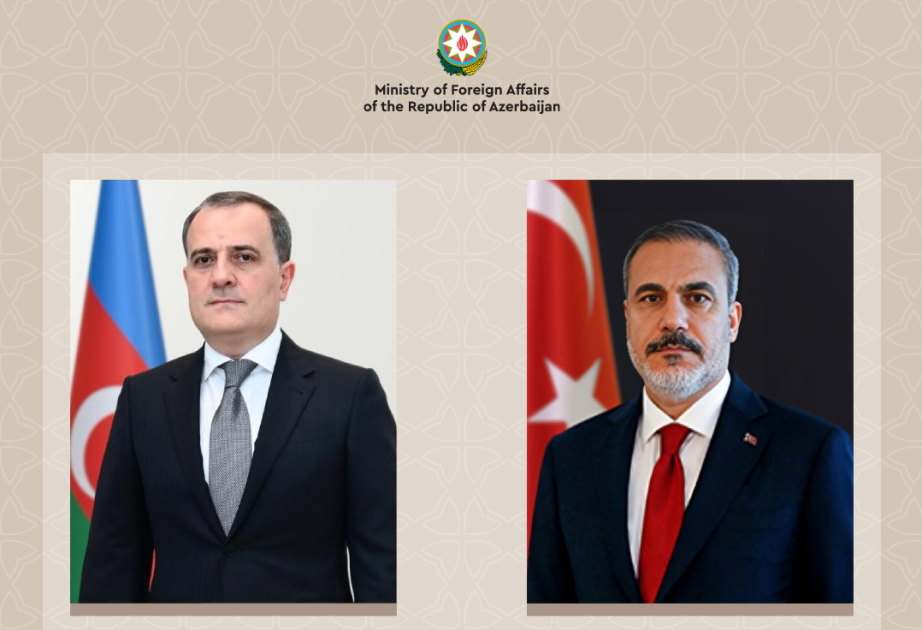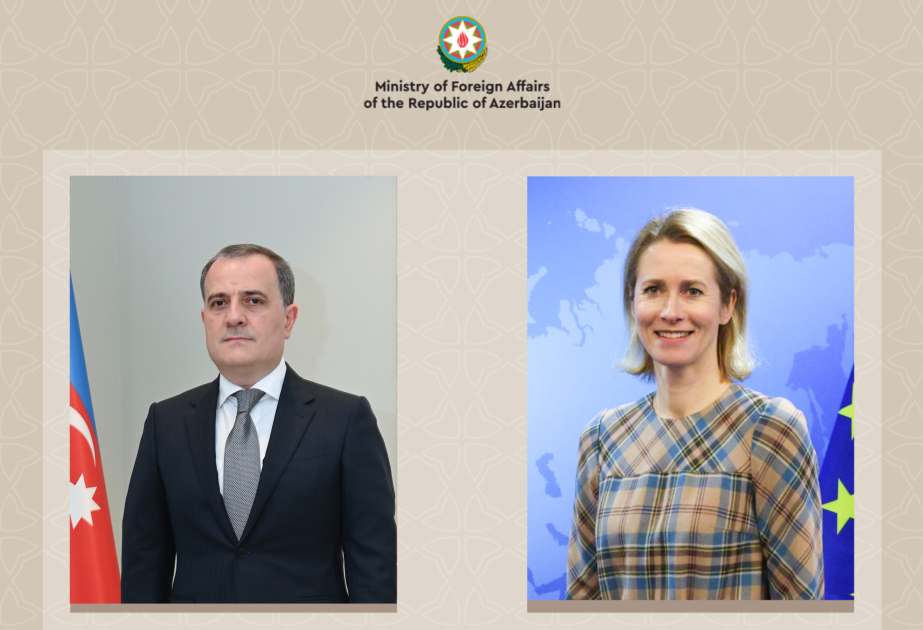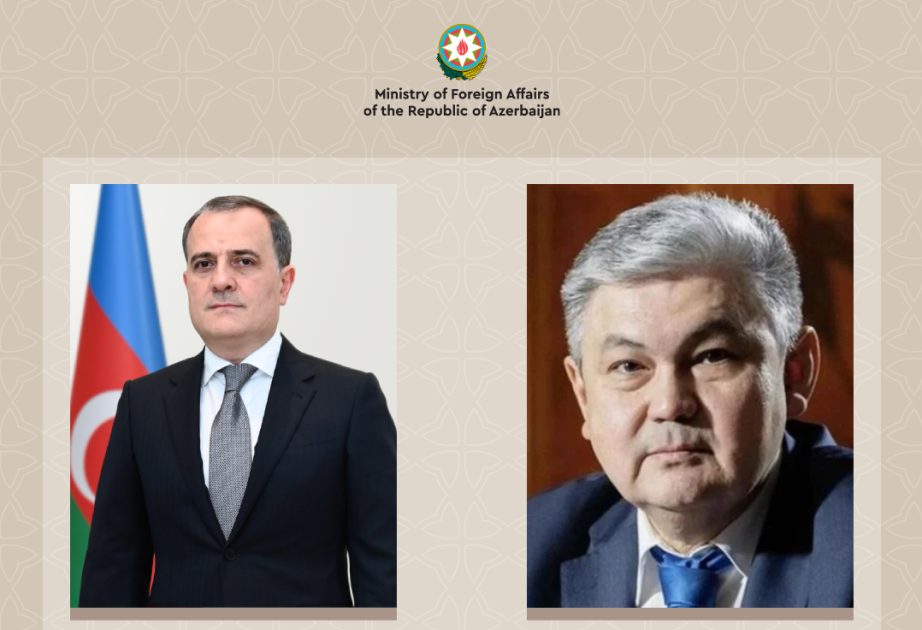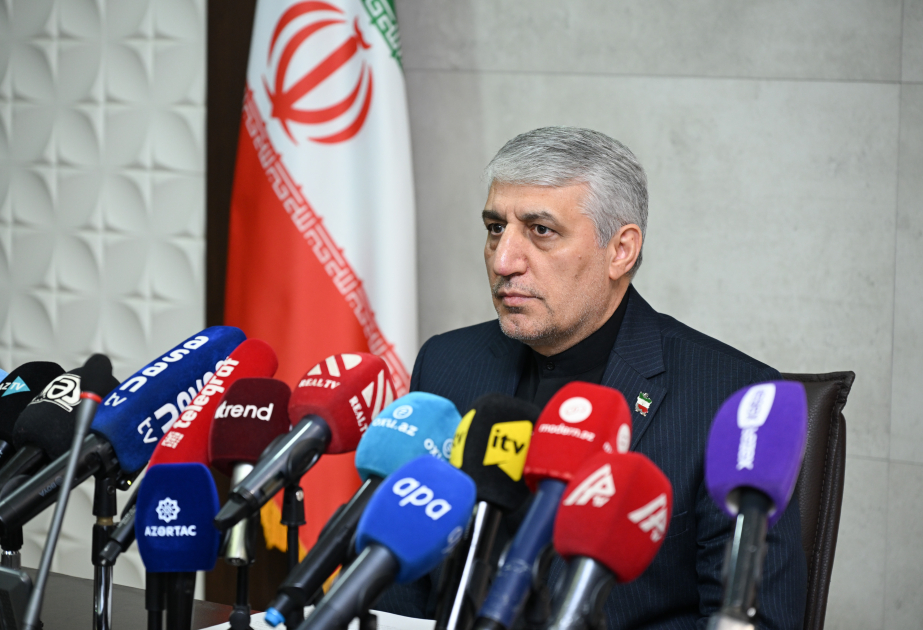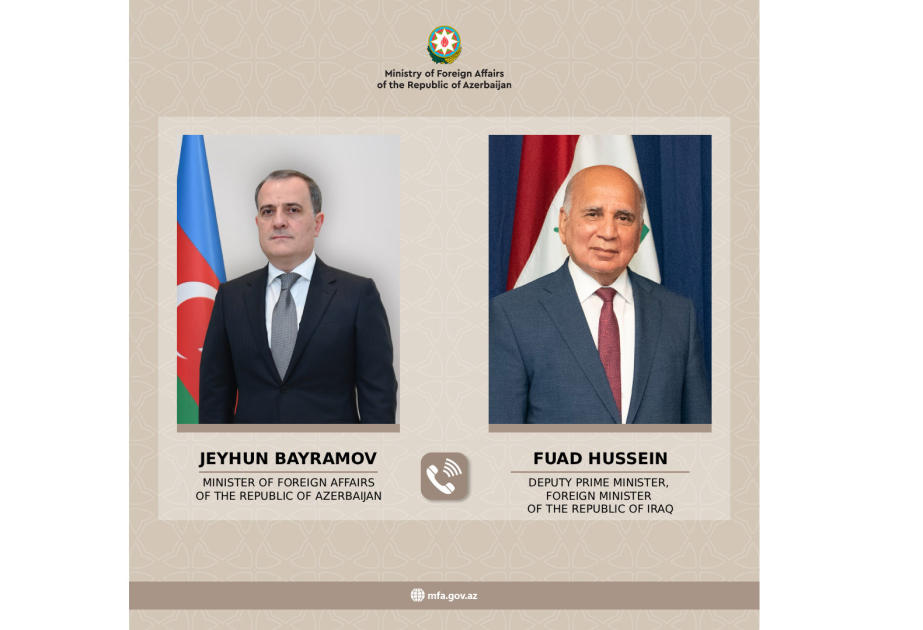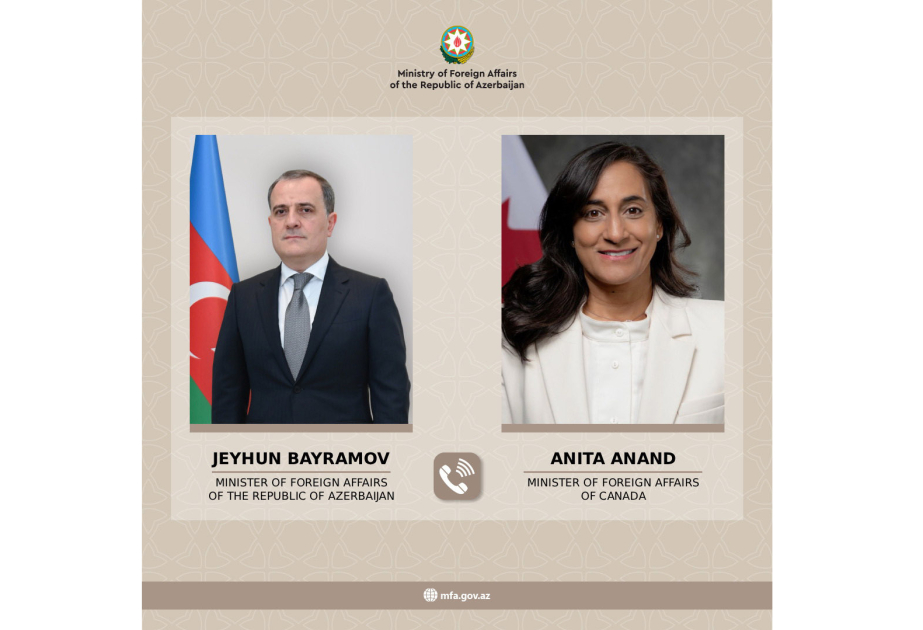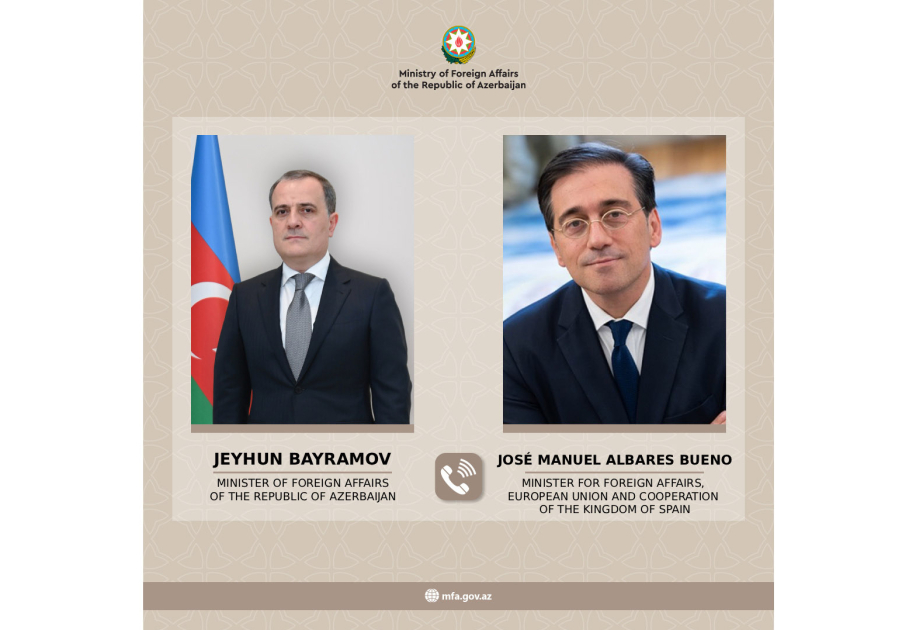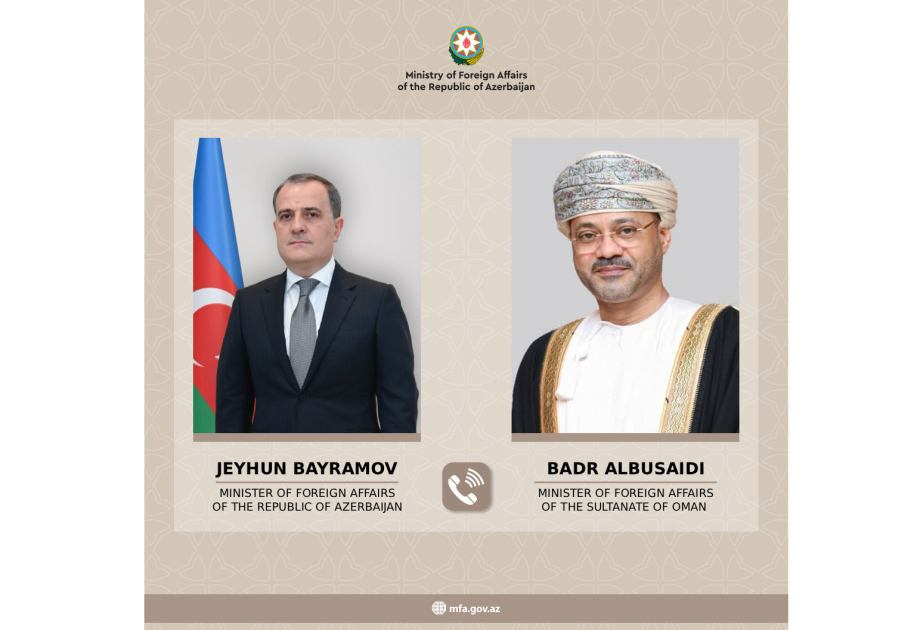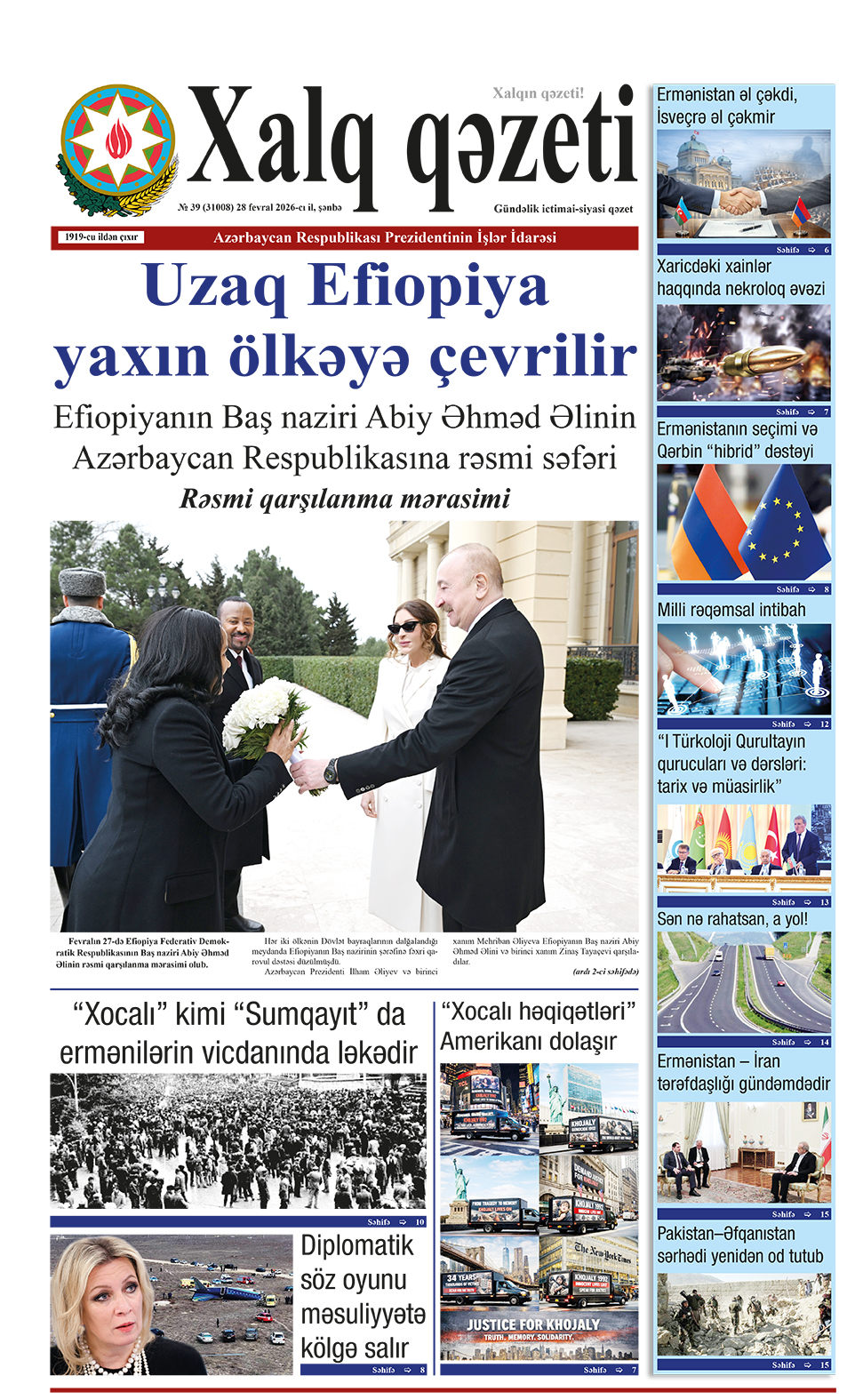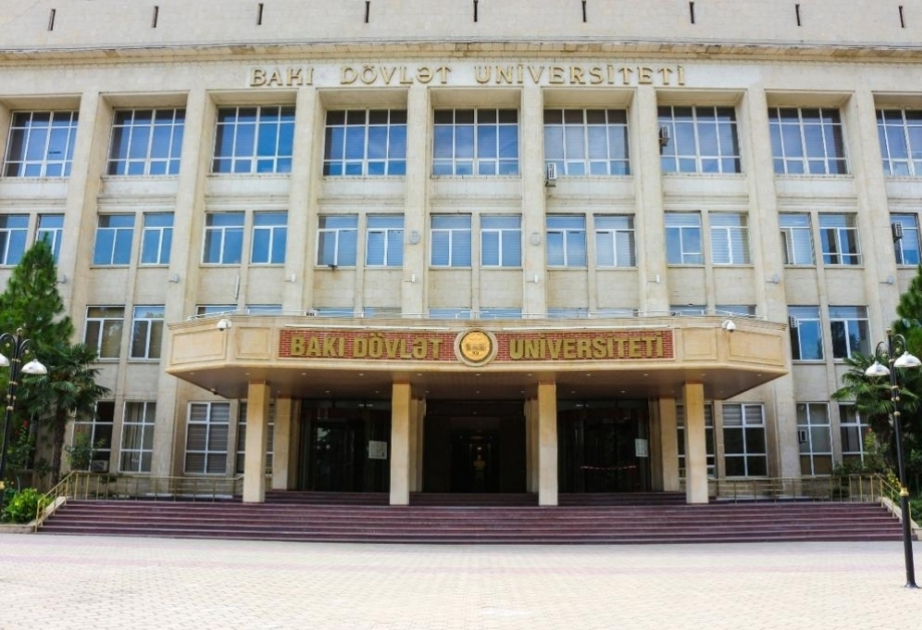Or Iravan-Tehran would talk about a sudden telephone contact
Armenian Prime Minister Nikol Pashinyan had a telephone conversation with Iranian President Ibrahim Raisi. Most likely, the contact was made at the request of the first. Usually, when the other party takes the initiative, the office of the Armenian Prime Minister emphasizes this. But now there is no such situation.
Yes, it cannot but be interesting that Pashinyan needs a telephone conversation with his Chief at this sensitive moment. It is also interesting that the information spread by Iran and Armenia about the conversation between them is different. Armenia's information is small, general in nature, and it is emphasized that only the leaders of the countries discussed Yerevan-Tehran relations. However, what the Iranian President's press service announced has a sufficient, detailed impact, and it is felt that the parties have widened the scope of the discussion.
The first of the issues discussed by the leaders of Iran and Armenia is the opening of communications in the South Caucasus. The leader of the Islamic Republic said that Tehran supports any step taken in the current direction based on the principle of respect for the sovereignty and territorial integrity of the states in the region. Of course, Iran has always been in the same position.
That is, there is nothing surprising in what Reisin has brought to attention. What is surprising is that the President of Iran voiced the above-mentioned views in response to the Armenian government's plan to develop road and railway connections between the two countries, as well as regional countries. The question is asked: what is the reason for the opening of regional communications? Of course, the main obstacle is the exception of the peace environment between Azerbaijan and Armenia. So, which side does not allow peace? Armenia can be said unequivocally!
When we talk about the opening of regional communications, the land route connecting other territories of Azerbaijan with Nakhchivan is coming to life. The position of our country in the current issue is that there are no problems related to the territorial integrity and sovereignty of Armenia in the opening of the said road. The main point is that this route is guided by the logic of "easy way from Azerbaijan to Azerbaijan". That is, the principle is that there should be no customs-crossing, border-control point. This is Baku's demand. Baku also insists on its position because Armenia has an obligation under the tripartite Declaration dated November 10, 2020. If Yerevan does not want to fulfill its obligation, Azerbaijan agrees that the road to Nakhchivan should pass through Iran, and as President Ilham Aliyev also stated, a corresponding agreement was reached with Tehran in this regard.
Let's also take into account that the supporters of Armenia in the West insist that the road to Nakhchivan passes through the territory of Armenia. They think of getting rid of isolation and strengthening the country. For this reason, there are attempts to put pressure on Baku in the current direction. Those who take such an incomprehensible position consider the preamble of the decision made by Azerbaijan on an independent basis, that is, the road to Nakhchivan to pass through the territory of Iran and not Armenia, unacceptable. They justify their opinion in this way: Tehran cannot be given a break!
***
Yes, it is possible that Iravan officials, who are in the small trench of those who want to suffocate Iran, want to draw Tehran to their side or raise it against Baku. It is no coincidence that a number of experts evaluate Pashinyan's sudden phone call to Raisi from the current perspective. So, to what extent is it possible for Armenia to achieve its wish?
First of all, although Iran-Armenia relations are on a smooth level, the former did not know in which waters the latter was "swimming". On the other hand, there is no doubt that Tehran generally supports projects that are guided by the emphasis on the global transit importance of the South Caucasus. And because of this, there is no doubt that these projects are economically profitable for him. However, Iran is such a country that it is impossible to attract and tempt it to some initiative only with economic benefits. The official elite of Tehran, as well as the political circles, are careful enough to keep the paradigm of economic benefit and political profit in unity, and to calculate every moment.
If we take into account that the South Caucasus has a settled political essence for Iran, in this sense, Raisi's speech about the territorial integrity and sovereignty of the countries of the region, as well as the inadmissibility of outside interference in their affairs, is emphasized. "The foreign policy of the Islamic Republic of Iran regarding the Caucasus is certain, and it is necessary to ensure that the Caucasus does not become a competitive arena for countries outside the region, and that its issues are resolved by the countries of the region themselves, without the intervention of outsiders," the words of the Iranian President confirm our opinion.
So, now it becomes clear why the office of the Prime Minister of Armenia was satisfied with the small information about the telephone conversation with the head of the Islamic Republic. Accordingly, it is possible to think that Pashinyan did not manage to achieve a profitable result in the conversation with Raisi. How can you? After all, Armenia has placed an observation mission of the European Union on its border, the number of which increases almost every quarter, and the US military conducts training in the country's army. There is also the French factor. In general, it is not beneficial for the country to "anchor" Iran in one step of the collective West.
***
Yes, it is because of all this that Iran, based on the principle "The region is for the countries of the region", spoke about the "3+3" platform to the leader of Armenia in the person of its head of state and said that the current platform is strengthening regional relations and cooperation, as well as regulating relations between the countries of the region. has a constructive nature in the direction.
By the way, during the telephone conversation with President I. Raisi Pashinyan, he also mentioned the meeting of the "3+3" platform that took place in Tehran some time ago. As it is known, the foreign ministers of Azerbaijan, Turkey, Russia and Armenia participated in that meeting along with Iran. He also drew attention to the fact that the head of the Armenian Foreign Ministry, Ararat Mirzoyan, reluctantly attended the meeting, just so as not to cause irritation in Iran.
It should be noted that A. Mirzoyan had a brief meeting with Azerbaijan's Foreign Minister Jeyhun Bayramov at the Tehran meeting. The information spread by Armenia confirmed that this encounter was not of such serious importance. The main foreign policy department of the country stated that "3+3" cannot be a platform for discussing the Yerevan-Baku relations and the Armenian-Azerbaijan settlement in general. Why? The reason is very simple. Armenia cannot do without Western mediators. Also, Prime Minister N. Pashinyan considers not only his country's relations with Azerbaijan, but also the attraction of foreign players to the South Caucasus. Those players who, in principle, are in an irreconcilable position against both Iran and Russia. Moreover, they are determined to interfere in the internal affairs of Azerbaijan, including bilateral relations with Iran. They also do not take a constructive position in relation to Turkey. Against the background of all this, it is possible to say that I. Raisi gave a message to N. Pashinyan, "be smart". Only time will tell if Nicole will be smart.
A. RUSTAMOV
XQ




